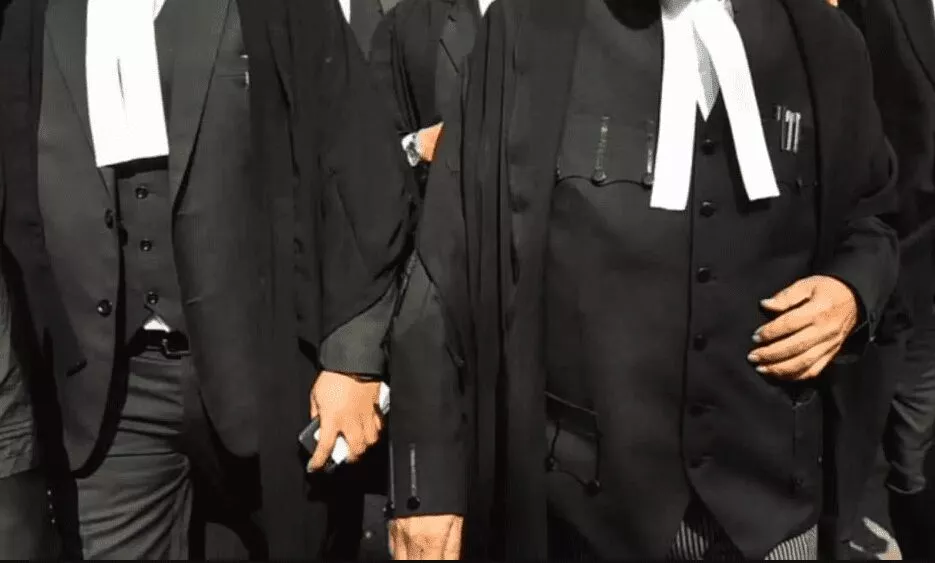All Categories
Featured
Table of Contents
Wills & Probate Solicitors in Ashfield WA 2022
To find out more about what administrators have to do, see Handling the monetary affairs of someone who has actually passed away. In order for a will to be legitimate, it needs to be: made by an individual who is 18 years old or over andmade voluntarily and without pressure from any other individual andmade by a person who is of sound mind.
A witness or the married partner of a witness can not benefit from a will. If a witness is a recipient (or the married partner or civil partner of a beneficiary), the will is still legitimate however the recipient will not have the ability to inherit under the will. It will be legally legitimate even if it is not dated, it is a good idea to make sure that the will likewise includes the date on which it is signed.
If someone makes a will but it is not legally valid, on their death their estate will be shared out under specific guidelines, not according to the desires revealed in the will. For more details about the guidelines if somebody passes away without leaving a legitimate will, see Who can acquire if there is no will the rules of intestacy.
Such wills are referred to as privileged wills. If you require further help about fortunate wills, you can contact your closest People Advice Bureau or look for legal guidance. Once a will has been made, it ought to be kept in a safe location and other files should not be connected to it.
What Makes A Good Lawyer? Common Traits Of Successful in Balga Western Australia 2023

If you wish to transfer a will in this way you need to visit the District Windows registry or Probate Sub-Registry or compose to: Somebody near to you may have passed away and you believe they made a will however you can't discover one in their home. Check to see if you can discover a certificate of deposit, which will have been sent to them if they scheduled the will to be kept by the Principal Computer Registry of the Household Department.
If the individual died in a care house or a medical facility you might inspect to see if the will was entrusted to them. You need to also contact the person's lawyer, accounting professional or bank to see if they hold the will. The person who has passed away, or their lawyer, may have registered their will with a commercial organisation such as Certainty () and, after the person's death, you can pay for a search of the wills signed up on the business's database.
If you can't discover a will, you will generally need to handle the estate of the individual who has actually died as if they passed away without leaving a will. For more details, see Who can acquire if there is no will the guidelines of intestacy. When somebody dies, the individual who is handling their estate (for example, cash and property) need to generally get authorisation to do so from the Probate Service.


When probate is granted, the will is kept by the Probate Service and any member of the public can get a copy. If you wish to look for the will of a person who died just recently, you can apply to the Probate Service for a standing search to be made.
The Solicitors Pro Bono Group in Melville Aus 2022
If a grant has actually been made, they will send you a copy of the grant and a copy of the will, if any. A fee is payable. You can renew your search at the end of 6 months for a more fee. It may be a good idea to wait 2 or 3 months after the death before you look for a search.
If you wish to do your own search, or if you wish to browse for the will of somebody who died more than twelve months ago, you can do a general search. A basic search by the Probate Registry will cover a four year duration and a charge is payable.
You can discover how to look for a basic search and just how much it costs on GOV.UK. You can make a personal search free of charge by going to the Principal Computer System Registry of the Household Division (see under heading Where to keep a will). If you wish to check or take a copy of the will, there is a fee of 5.
Any obvious modifications on the face of the will are presumed to have been made at a later date therefore do not form part of the original legally valid will. The only method you can alter a will is by making: a codicil to the will ora new will A codicil is a supplement to a will which makes some alterations but leaves the rest of it intact.
Table of Contents
Latest Posts
Do I Need A Lawyer Or Notary Public To Make My Will? in The Vines Australia 2021
What Your Power Of Attorney Can And Can't Do in Subiaco Australia 2020
Five Steps To Finding The Right Lawyer in Darlington Aus 2020
More
Latest Posts
Do I Need A Lawyer Or Notary Public To Make My Will? in The Vines Australia 2021
What Your Power Of Attorney Can And Can't Do in Subiaco Australia 2020
Five Steps To Finding The Right Lawyer in Darlington Aus 2020